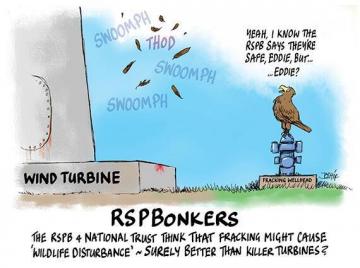Whenever the price of oil increases the impact at the pumps on the forecourt is immediate, conversely however when the price of oil goes down the time taken for the reduction to filter through to the pumps seems like an eternity.
If the facts are examined it would seem that there is some basis in truth in the above statement.
In June 2014 a barrel of Brent Crude was $108.37, today it is $52.62 less than half the price in fact 48.6% of the price.. At the same diesel was £1.39 per litre, or if you work in gallons then it was £6.31 a gallon. If the price of fuel at the pump had dropped by the same amount, it would now be 64.7 pence per litre or £2.94 per gallon instead of the current average of £1.20 per litre or £5.44 per gallon. Even allowing for the recent 20% fall of the value of the pound against the dollar, a litre of diesel at the pump would still only be 77.64 pence or £3.52 per gallon.
This means that motorists are paying at least an extra 42.36 pence a litre or £1.92 per gallon compared to nearly 3 years ago.
If you consider that the average motorist drives approximately 12,000 miles a year and the average car does approximately 40 miles to the gallon which equates to 300 gallons then it means that the average motorist is paying an extra £576 a year for fuel compared to 3 years ago.
Fuel duty is 57.95 per litre for petrol and diesel or £2,63 per gallon with a further 20% on top for VAT which adds up to 69.54 pence per litre or £3.15 per gallon.
So at current prices at the pump that means diesel would be 50.46 pence per litre or £2.29 per gallon if tax was taken out of the equation. Obviously there will be a tax to pay as there is always a tax to pay on everything. What the debate should be about is how much tax should be paid, UK motorists pay the highest tax on fuel in Europe even allowing for the fact that fuel duty has been frozen since 2011. Before tax is added to the price that the motorist pays at the pump, the cost of petrol and diesel in the UK is amongst the cheapest in Europe.
Obviously it is in the Government’s interest for prices not to drop in line with the price of a barrel of oil as they benefit from the extra tax revenue. The fuel retailers however are also benefitting as they have not reciprocally lowered prices in line with a barrel of oil.
The only loser as normal is the consumer, not only the motorist, but also all consumers as fuel prices have an impact on goods which have to be transported and freight companies have no choice but pass on those increased costs to the retailers who in turn pass on those costs onto the consumer.
As usual the government has failed to see the bigger picture that by failing to enforce the drop in fuel prices they are affecting the rest of the economy and fuelling inflation whilst wages in the public sector and those who are “self employed” for companies like DPD, Royal Mail, Hermes etc are stagnating.
Sources: BBC Business News
YouGov
#UnityMarchUK #UnityMarchNews
Note from the editors – https://www.unitymarch.org.uk/article/open-letter-all-supporters-and-readers-unity-march-news-editorial


